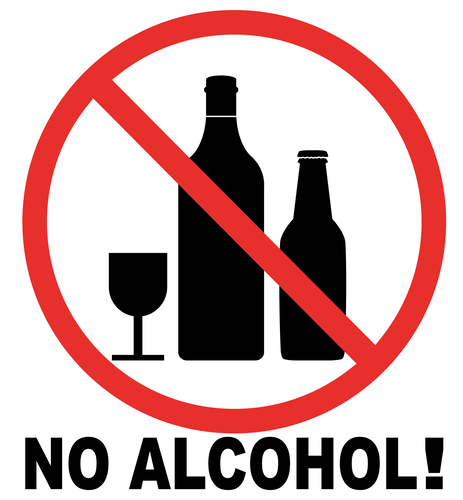Alcohol and Dementia: Can You Reverse Drinking’s Damage to Your Brain? Here’s an Expert Neurology Doctor’s Answer
In particular, drinking patterns of repeated binges and withdrawal periods may enhance neuronal injury through increased vulnerability of upregulated N-methyl-D-asparate (NDMA) receptors to glutamate-induced excitotoxicity. Support for the neurotoxicity hypothesis emerges from animal studies, which have demonstrated dose-related ethanol-induced damage to brain structures – including the hippocampus, hypothalamus, and cerebellum – that correspond with impairments in memory and learning 14, 15. Cholinergic http://www.bioinformatix.ru/genomika/genomika-i-genosistematika.-chast-2.html neurotransmission in the basal forebrain, which plays a key role in attention, learning, and memory, also appears to be impacted by prolonged intake of alcohol.
- ARD is a type of cognitive impairment that occurs as a result of heavy alcohol consumption over a long period.
- Attentional bias refers to the preferential automatic allocation or maintenance of attention to alcohol-related cues compared to neutral cues which is correlated with alcohol use severity and craving 166.
- In addition, included studies were restricted to systematic reviews that assessed the relationship between alcohol use and cognitive health, dementia, AD, vascular and other dementias, brain function, or memory.
- These include loss of cells in the basal forebrain, hippocampal acetylcholine hypofunction, and shrinkage of frontal grey and white matter, with thiamine deficiency characterized by additional lesions in the diencephalon 27.
- In a review of evidence for variability in WKS, Bowden 4 remarks that empirical evidence suggests that the chronic phase of WKS is more accurately described as ‘dementia-like deterioration’ rather than severe and selective amnesia.
Alcohol and Your Brain: The Latest Scientific Insights
While alcohol is a relaxant and can make you feel good at first, chronic alcohol use can cause mental health issues. Before you reach for your next drink, Dr. Anand explains how alcohol can affect your brain — not only in the short term, but also in the long run. And if you have one too many alcoholic drinks, you may start to slur your speech and have trouble walking in a straight line — and that’s all before dealing with a hangover the next day. Once the withdrawal process is over, you’ll likely be referred to a mental health professional for extra support.
Translational Studies

Anyone can forget things from time to time, however, people who consume heavy amounts of https://naturalclub.ru/act/index.php?id=467 alcohol have a tendency to make more memory mistakes than those who do not drink at all or those who do not drink on a regular basis. These mistakes can include recalling whether they had completed a task, such as locking the car or switching off the stove or forgetting where they put things. Wernicke-Korsakoff syndrome (WKS) is a type of dementia linked to heavy alcohol use.
What is the life expectancy of someone with brain injuries related to alcohol?

One of the key requirements for the establishment of LTP in the hippocampus is that a type of signal receptor known as the NMDA2 receptor becomes activated. Activation of the NMDA receptor allows calcium to enter the cell, which sets off a chain of events leading to long-lasting changes in the cell’s structure or function, or both. Alcohol interferes with the activation of the NMDA receptor, thereby preventing the influx of calcium and the changes that follow (Swartzwelder et al. 1995). This is believed to be the primary mechanism underlying the effects of alcohol on LTP, though other transmitter systems probably are also involved (Schummers and Browning 2001). https://go2oaxaca.com/undergraduate-bodily-training-program.html One of the significant impacts of alcohol is on mental health, specifically through its disruption of neurotransmitters—the chemicals essential for communication between brain cells. Note that alcohol-related dementia is sometimes confused with Wernicke-Korsakoff syndrome.

Laisser un commentaire